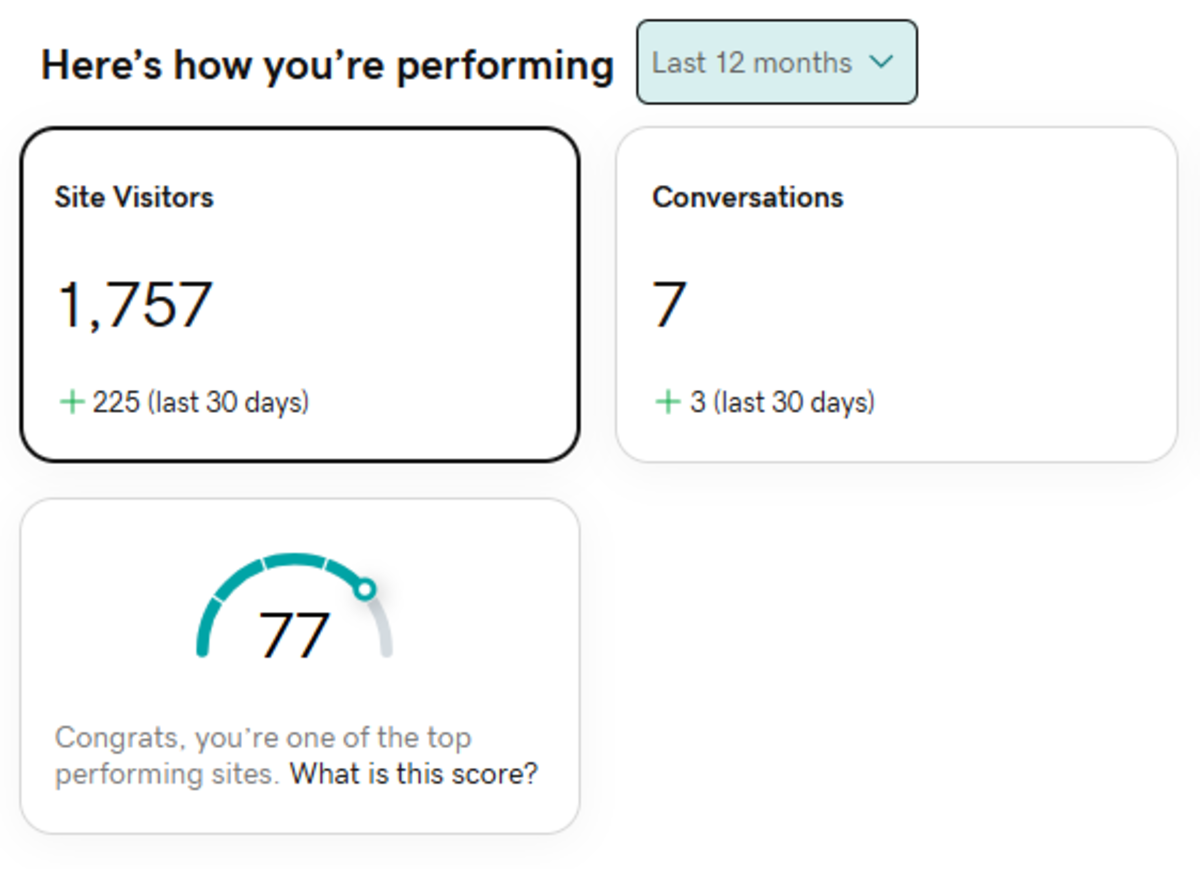Too Many Jobs On Your Resume?
I see your resume is... WHOA!

Think you might have too many jobs on your resume? Does it take two grown men to carry it? Not every past job is a plus on a resume. Here's something to think about...
_____
If you need a two-wheel dolly to transport a single copy of your resume, maybe it's time to reconsider the number of jobs on that document. Baby Boomers especially who have been out in the work force for 30-40 years have likely accumulated a pile of jobs. Government stats tell us that on average, people change jobs about every 3-5 years. That doesn't sound extreme until you do the math on a 50-year-old with resume in hand. All of a sudden, six to ten jobs lined up on a resume becomes an albatross. And you needn't be a Boomer. I've seen kids in their 20's with ten jobs. That's a potential problem – on paper.
Lighten The Load
Understand first that a resume is not a biography. Rather, it's a summary of relevant qualifications for employment. And companies are going to be primarily interested in your most recent 10-15 years, assuming those years are relevant to the position you seek. What to do with those earlier jobs, or jobs that simply aren't relevant to your current goals? Here are three suggestions:
- Drop kick ‘em. That's right, boot extraneous jobs plumb off the resume, especially if they were jobs of short duration or they were part-time positions. And especially if their absence does no harm to your qualifications.
- Aggregate ‘em. Some jobs cry out to be merged or combined. For example, multiple jobs with the same employer, especially if the duties were relatively similar and those jobs don't show a progression of responsibility (if they do show a progression of responsibility, that is an asset and I would probably leave them alone).
- Hide ‘em. OK, don't hide them too well. Here's an example: did any of your jobs take place during school years? If so, consider "hiding" them as bullet points under the "Education" section. You still get the benefit of that work history on your resume, but you reduce the crowding under the "Experience" section and you leave the reader with a more visually-appealing document.
In keeping with that latter trick, setting up two slightly different headings for your work history can gently hide jobs that have worn out their welcome. For example, put the jobs you want to focus on in a section called "Relevant Experience" (or say, "Retail Management Experience," if that is the direction you wish to take your job search). Jobs from the distant past, or those irrelevant to your goals, could be pushed down into a lower section such as "Other Experience" or "Previous Positions." Job information here would be minimal: company names and locations, job titles, dates.
Two Caveats To Keep In Mind When Reducing The Number Of Jobs On A Resume
Go ahead and think out of the box when looking to reduce the number of jobs on your resume, but keep two caveats in the back of your mind.
1) Be honest, and
2) Don't replace a problem with another problem.
Regarding the latter, for example, think twice before drop kicking an irrelevant job if by doing so creates a noticeable gap in employment. A big gap in employment will send up a red flag to prospective employers just as surely as too many jobs.
And you'd think they'd be grateful that it didn't take a wheelbarrow to get your resume in the door.
__________
Thinking about using a professional resume service? "Make sure the writers are certified and they offer a guarantee," says former recruiter David Alan Carter. Carter compares the Web's most popular resume writing services at the website TopResumeServices.com, reviewing quality of workmanship, spelling out pricing, and giving each a star ranking.
Related Articles...
- Avoid These 5 Common Problems On Your New Graduate Resume
The new graduate resume. What could go wrong? Plenty, says this former recruiter. Here are 5 common problems with the new graduate resume, and how to avoid them. - Resume Education Section - Essential Information
Your resume education section... got too much information, or not enough? And where exactly does it belong on the resume? Here's help from a former recruiter.








